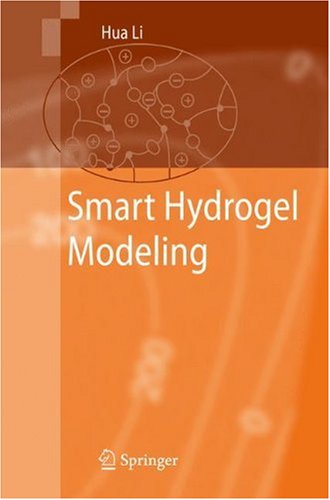

Most ebook files are in PDF format, so you can easily read them using various software such as Foxit Reader or directly on the Google Chrome browser.
Some ebook files are released by publishers in other formats such as .awz, .mobi, .epub, .fb2, etc. You may need to install specific software to read these formats on mobile/PC, such as Calibre.
Please read the tutorial at this link: https://ebookbell.com/faq
We offer FREE conversion to the popular formats you request; however, this may take some time. Therefore, right after payment, please email us, and we will try to provide the service as quickly as possible.
For some exceptional file formats or broken links (if any), please refrain from opening any disputes. Instead, email us first, and we will try to assist within a maximum of 6 hours.
EbookBell Team

4.3
18 reviewsThe science of mathematical modelling and numerical simulation is generally accepted as the third mode of scienti?c discovery (with the other two modes being experiment and analysis), making this ?eld an integral component of c- ting edge scienti?c and industrial research in most domains. This is especially so in advanced biomaterials such as polymeric hydrogels responsive to biostimuli for a wide range of potential BioMEMS applications, where multiphysics and mul- phase are common requirements. These environmental stimuli-responsive hydrogels are often known as smart hydrogels. In the published studies on the smart or stimu- responsive hydrogels, the literature search clearly indicates that the vast majority are experimental based. In particular, although there are a few published books on the smart hydrogels, none is involved in the modelling of smart hydrogels. For the few published journal papers that conducted mathematical modelling and numerical simulation, results were far from satisfactory, and showed signi?cant d- crepancies when compared with existing experimental data. This has resulted in ad hoc studies of these hydrogel materials mainly conducted by trial and error. This is a very time-consuming and inef?cient process, and certain aspects of fun- mental knowledge are often missed or overlooked, resulting in off-tangent research directions.